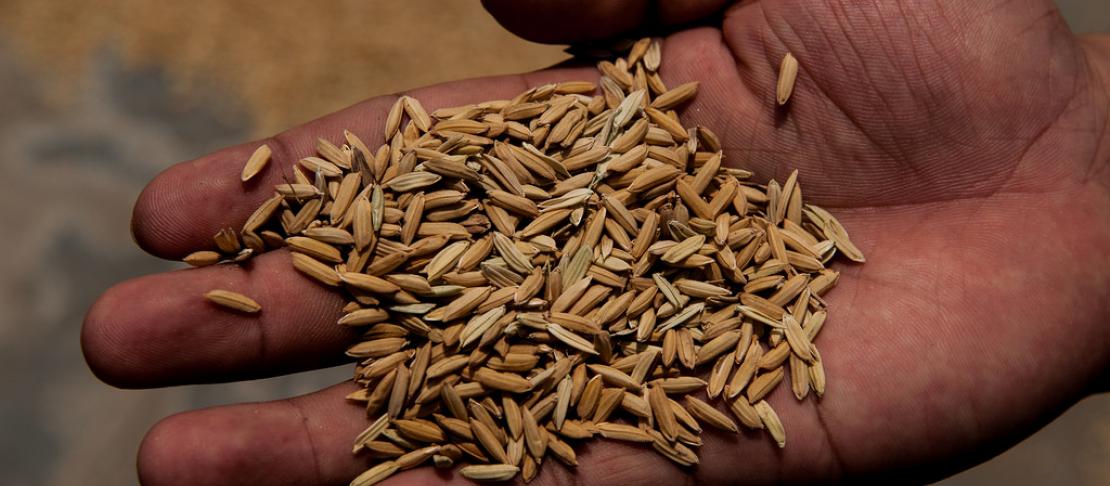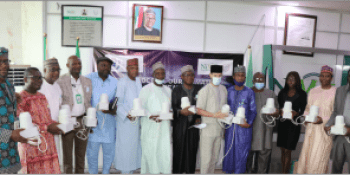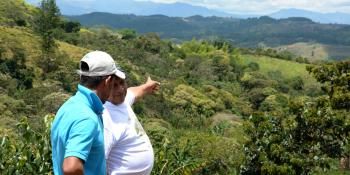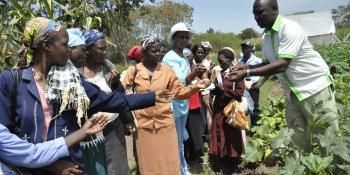National climate, agriculture and socio-economic development policies and plans formulated with the use of scenarios across six global regions

Summary
The research was implemented in collaboration with the University of Oxford's Environmental Change Institute.
Climate change impacts bring great uncertainty, raising the need to plan for the future. As the impacts of climate change are complex and far-reaching, it can be extremely difficult to foresee exactly what the consequences will be, and how they will affect different regions and sectors. However, by bringing together relevant stakeholders and brainstorming "what if" ideas of possible future scenarios, policy makers can prepare themselves for a variety of potential challenges. Including stakeholders from diverse backgrounds can avoid blindspots focused on a single vision of the future.
CCAFS scenarios work has engaged in precisely this sort of future-proofing, informing a range of agricultural, climate, and development policies across a number of countries. The CCAFS scenarios team created regional scenarios together with diverse stakeholders, quantifying them with IMPACT by the International Food Policy Research Institute (IFPRI) and GLOBIOM (IIASA) models.
Based on these scenarios, CCAFS was able to work closely with governments, researchers, and private sector representatives to co-design a process for a given plan or policy, based on analyses of challenges and opportunities presented within the different scenarios. These recommendations are informing the following plans:
- Honduras: National Strategy for Climate Change Adaptation in Agriculture
- Cambodia: Climate Change Priorities Action Plan
- Bangladesh: 7th Five year plan
- Tanzania: New Environmental Policy
- Uganda: Agricultural Sector Plan
- Burkina Faso: National Plan for the Rural Sector
- Colombia: Action Plan for the National Agricultural Adaptation Strategy
- Ghana: National Climate Change Policy
Key facts
- CCAFS scenarios work is informing climate, agriculture and socio-economic development policies in seven countries
- Integrating diverse scenario-based recommendations into the policy-making process creates a better enabling environment for climate resilience
Lessons: key elements of success
- Bringing together diverse stakeholders to provide different perspectives and strategies regarding potential climate change scenarios
- Close collaboration with government teams in each case led to timely applications and ownership of the process by policy makers
- Development of flexible and credible scenarios applicable in the national context
Further reading
- Future scenario development now part of Cambodia's Action Plan for Agriculture
- Future scenario development now part of Honduras National Strategy for Climate Change Adaptation in Agriculture [Spanish]
- Cocoa farmers in Central America learn to plan for a more variable climate [Available in Spanish]
Future Scenarios work informs climate and agriculture policies in seven countries
Related research outputs
- Vervoort M, Thornton PK, Kristjanson P, Förch W, Ericksen PJ, Kok K, Ingram JSI, Herrero M, Palazzo A, Helfgott AES, Wilkinson A, Havlík P, Mason-D'Croz D, Jost C. 2014. Challenges to scenario-guided adaptive action on food security under climate change. Global Environmental Change.
- Vermeulen SJ, Challinor AJ, Thornton PK, Campbell BM, Eriyagama N, Vervoort JM, Kinyangi J, Jarvis A, Läderach P, Ramirez-Villegas J, Nicklin KJ, Hawkins E, Smith DR. 2013. Addressing uncertainty in adaptation planning for agriculture. Proceedings of the National Academy of Sciences of the United States of America 110:8357-8362.
- Chaudhury M, Vervoort JM, Kristjanson P, Ericksen PJ, Ainslie A. 2013. Participatory scenarios as a tool to link science and policy on food security under climate change in East Africa. Regional Environmental Change 13:389-398.



